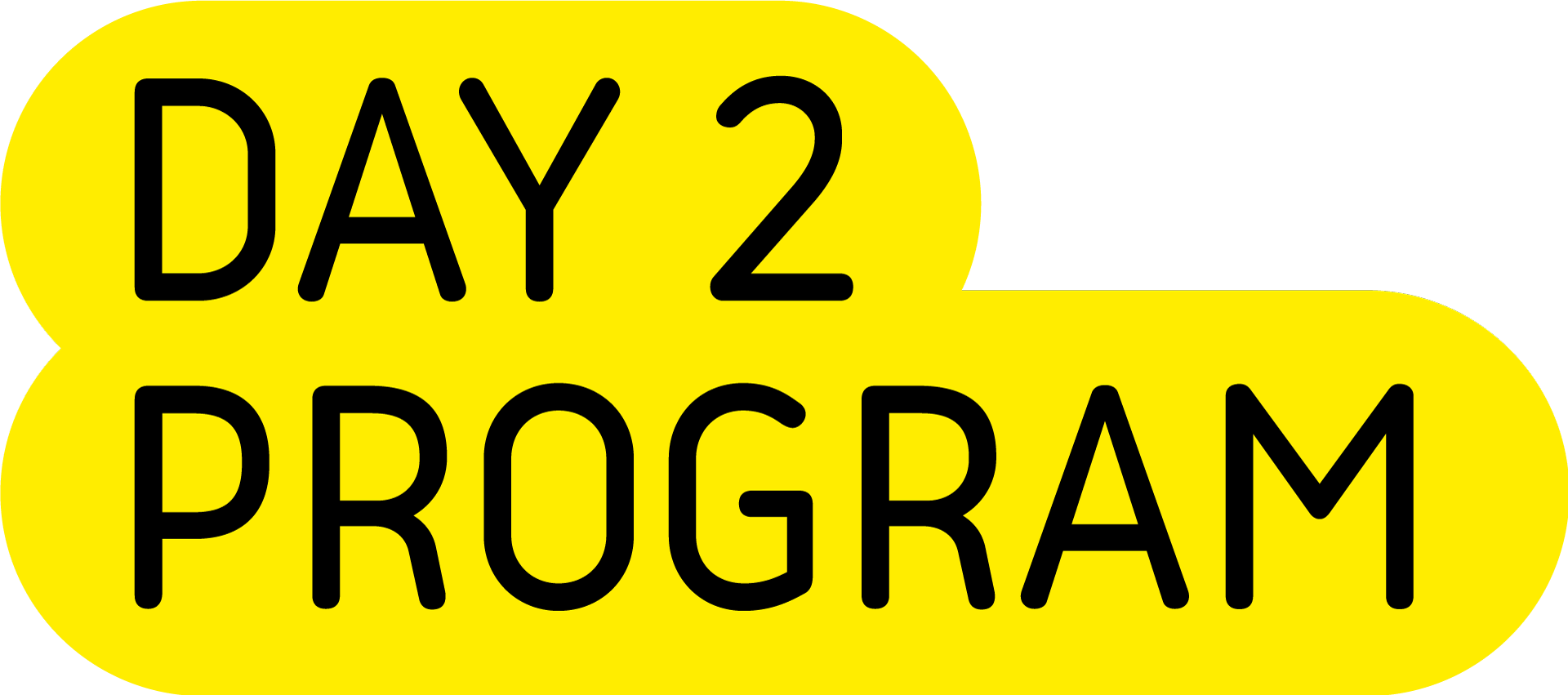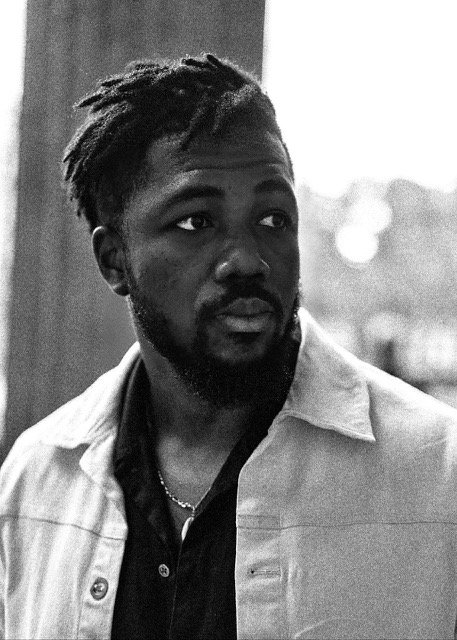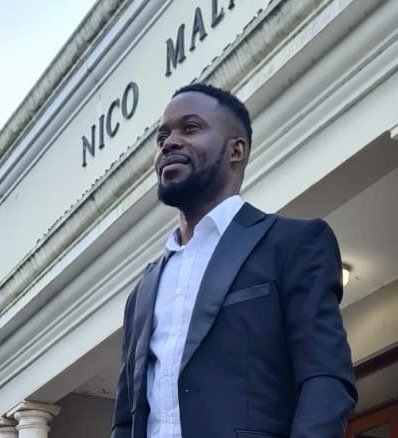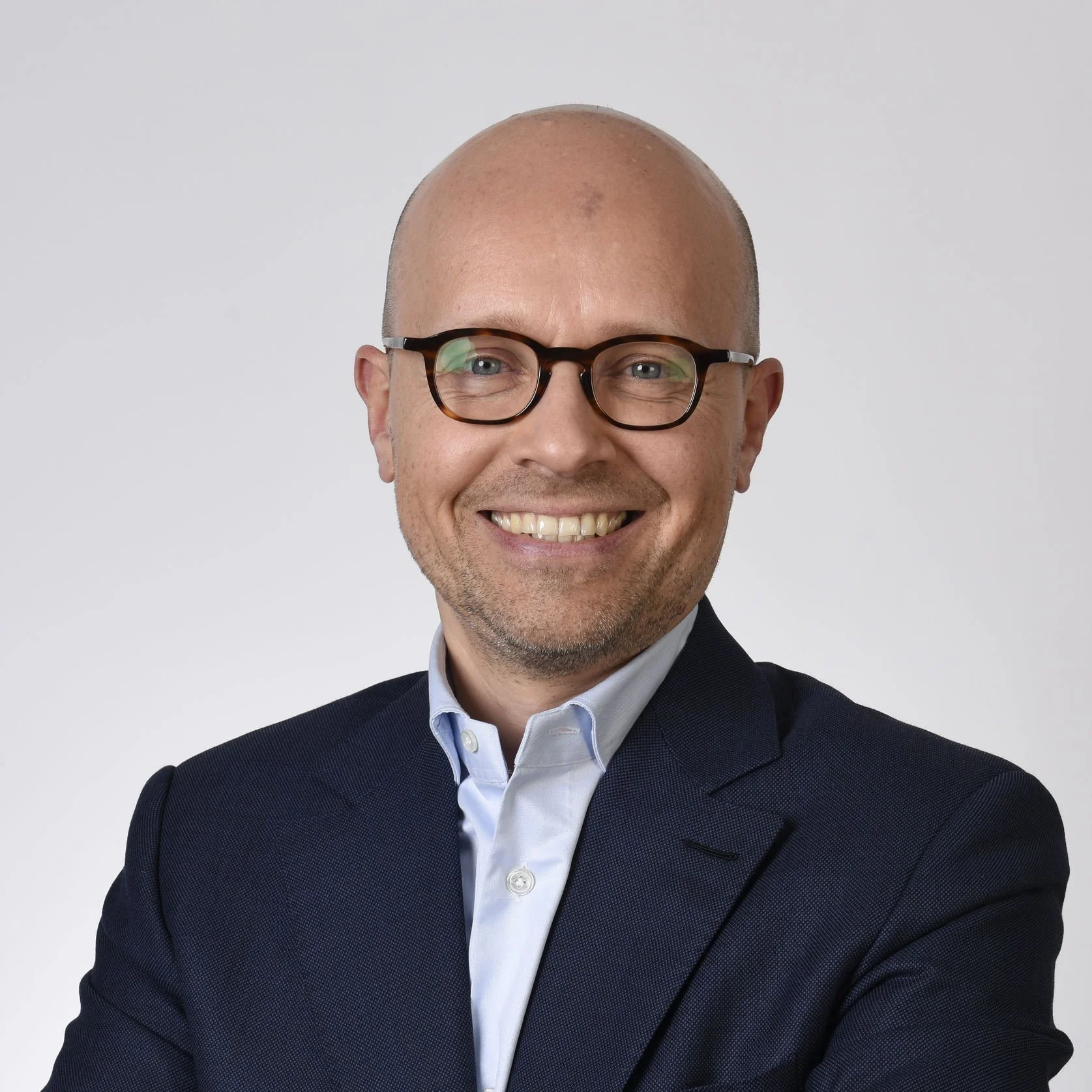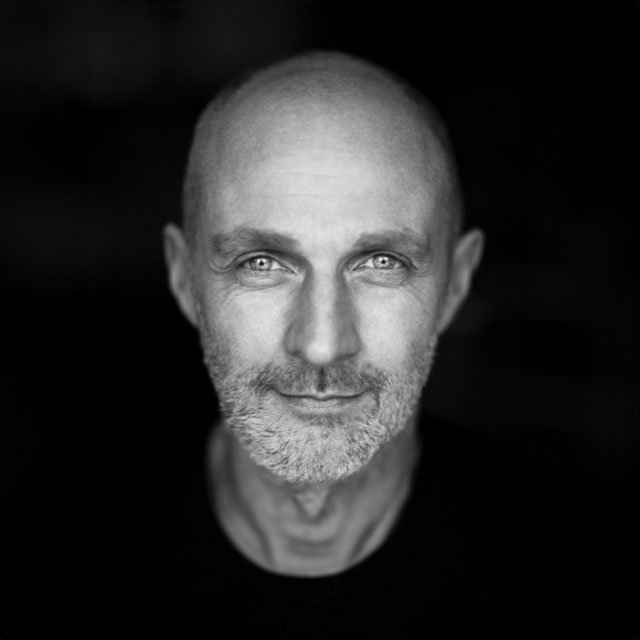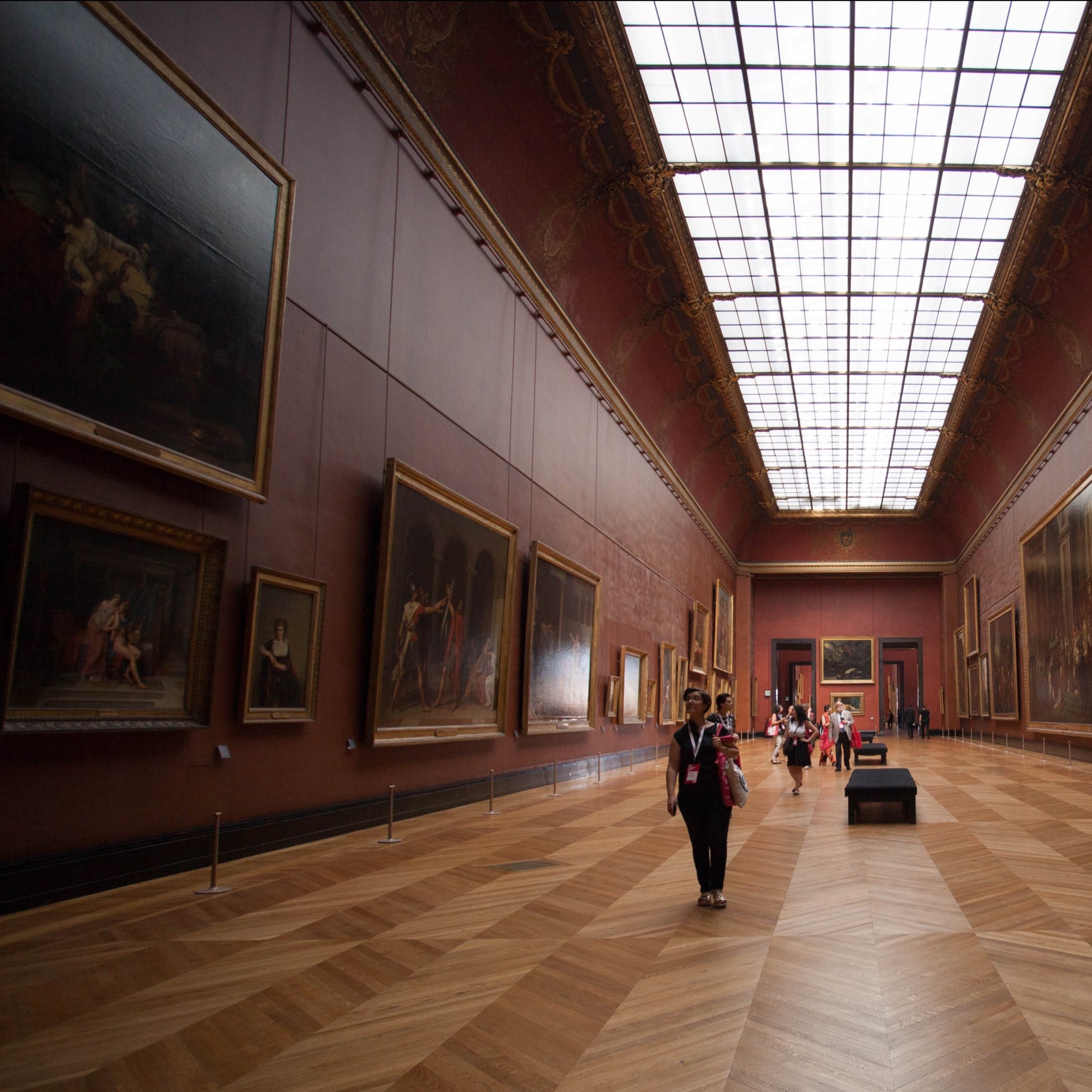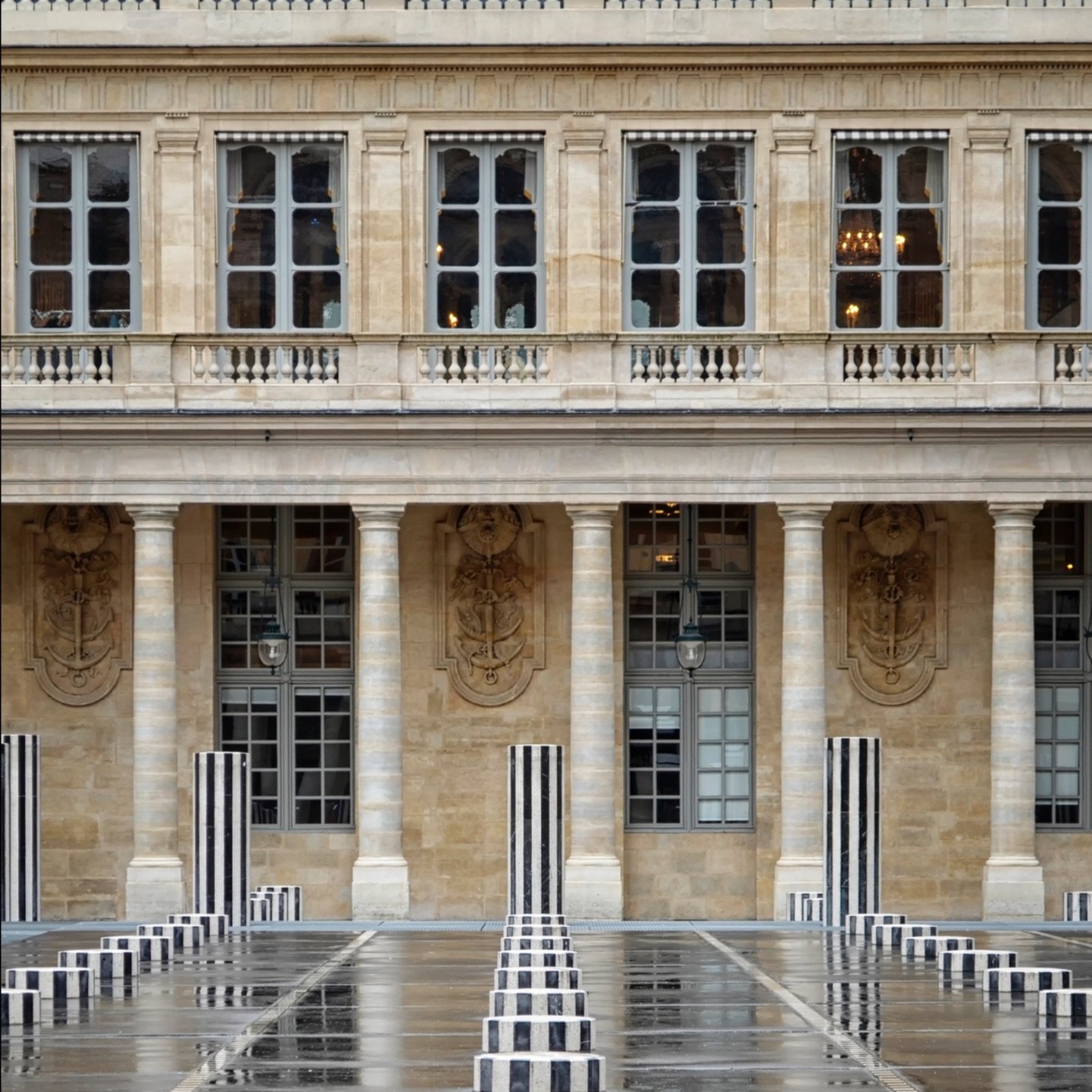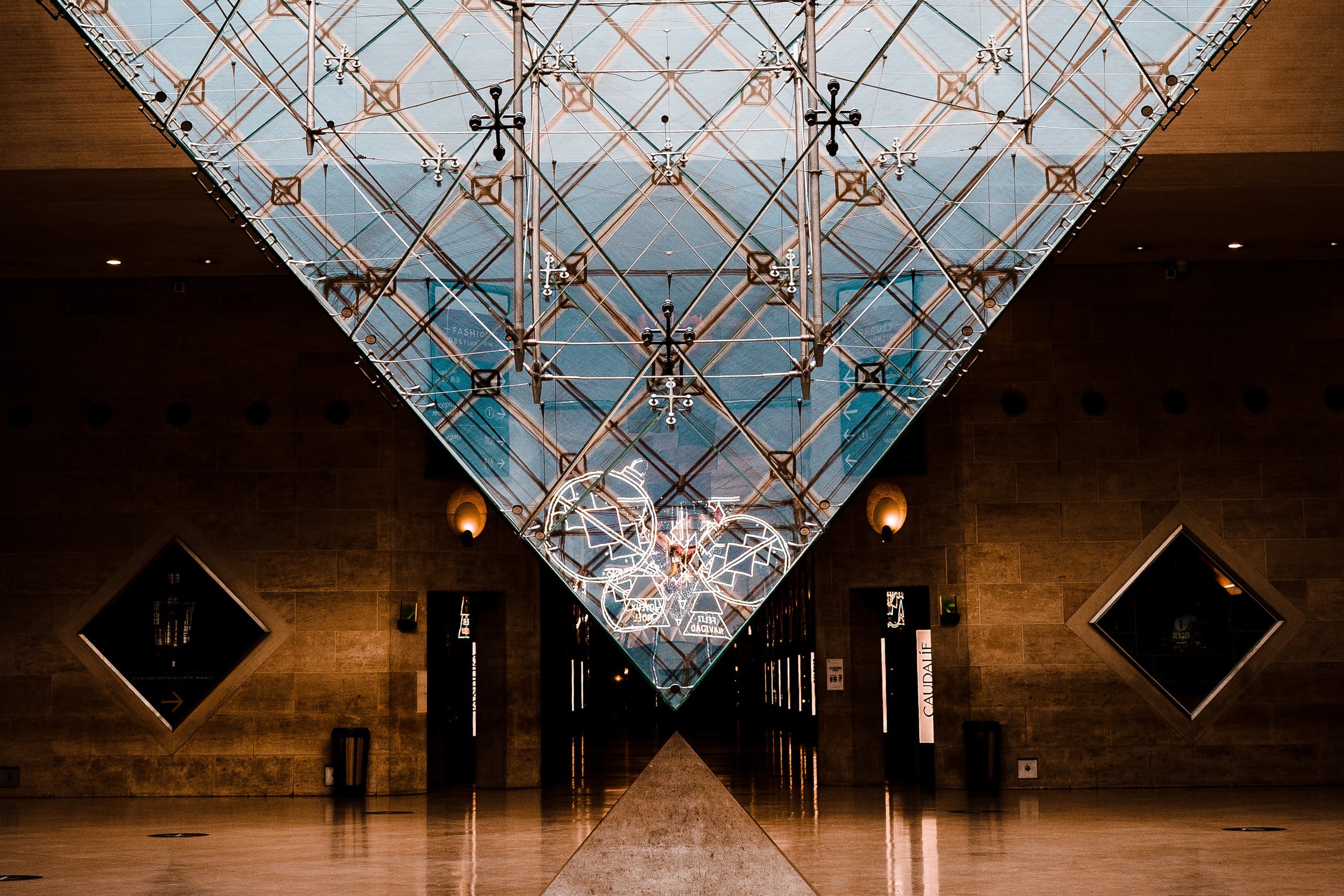
Program subject to change
Wednesday
3 April - AM
JUST TRANSITIONS: VISIONS, MISSIONS, AND VALUES DRIVING CHANGE
As the arts take positive steps in response to our global climate crisis, on Day Two, we ask, when and how do cultural institutions make a difference? We will explore the role of the arts in fostering a sense of global citizenship, paving the way for transitions that are culturally diverse, just and in touch with our natural world. Case studies, including examples from Africa, will illustrate how the arts can contribute to the United Nations’ Sustainable Development Goals (SDGs) that prioritise equitable access to culture and education opportunities.
⏰ 9:00am
Mind Mingle: What did we learn?
⏰ 9:15-9:30am
Camille Kirk (video)
Keynote : Why should museums communicate about sustainability? And how?
-
Camille Kirk
The J. Paul Getty Trust’s inaugural Head of Sustainability, Camille Kirk, shares why she thinks communication is vital to sustainability efforts; what is the relevancy of the United Nations’ Sustainable Development Goals to a cultural institution; and why cultural institutions are particularly positioned to make a difference on sustainability, beyond just their operational impacts. Hint – it has to do with communication!
⏰ 9:30-9:50am
Keynote: Transforming the World of Discovery
-
Sonia Winner
Paul WestlakeStep into the future of museum experiences with the Cleveland Museum of Natural History (CMNH), poised to revolutionise the way we engage with the past, present, and future.
Discover how CMNH is not just constructing a new building, but redefining the very essence of museum institutions. Through innovative exhibits and architectural design, they are challenging traditional perceptions, inviting visitors to embark on immersive journeys of discovery that span geologic time.
Learn how this groundbreaking approach places visitors at the heart of the experience, transforming them from passive observers to active participants in the exploration of scientific knowledge and civic responsibility. Join us on this exciting adventure as CMNH pioneers a new model for natural history museums worldwide.
⏰ 9:50-10:30am
Panel: How to create advocates for the planet?
-
Gretchen Coss (Chair)
Agnes Parent
Alec Coles
Sonia Winner
AnneSofie NORNIn the wake of climate change challenges, museums are called upon to reinvent their modes of action and thought. Following the urgency highlighted by COP28 in Dubai, our panellists from America, Europe, and the Pacific will explore the educative missions of museums and their role as global scientific and cultural leaders. With insights from esteemed speakers, we'll uncover strategies to inspire change and foster a sustainable future.
The panel will delve into the imperative of museums to reduce their carbon footprint and contribute to the ecological debate. Discover the profound role museums play as bearers of meaning and sources of inspiration, shaping our collective consciousness and envisioning a sustainable future.
⏰ 10:30-11:00am
Coffee break & collective/networking
⏰ 11:00- 11:30am
Keynote: Pioneering Arts & Tech Fusion : Digital Heist Recapture the Rosetta stone
-
Chidi Nwaubani
Looty’s project for the Rosetta Stone involved a groundbreaking initiative to digitally repatriate this precious artifact to its original location in Rashid, Egypt. Originally known as the Hajar Rashid, the Rosetta Stone had been housed in the British Museum, despite its rightful ownership by the Egyptian people from the small town of Rashid.
With renowned professor and archaeologist Monica Hana, the Looty team, executed a daring digital heist at the British Museum, utilizing cutting-edge LiDAR technology to record detailed scans of the Rosetta Stone. These scans were then transported, both physically and digitally, to Rashid using Geo-located AR. This innovative use of technology allowed for one of the world’s first-ever digitally repatriated artworks to be placed back in its original physical realm
⏰ 11:30am- 12:00pm
Conversation : Repatriation as a sustainable practice
-
Anne Eschapasse
Anne Solene RollandIn recent years, the repatriation of cultural items by museums has become a subject of great expectations, decades or centuries after their non-consensual removal from communities. New regulations such as the Native American Graves Protection and Repatriation Act in the United States, and the Law relative to the repatriation of human remains in public collections in France and Australia are coming into force to facilitate their returns. This panel will present two case studies showcasing the thinking, governance and communications surrounding the return of artefacts to First Nations in Canada as well as to the government of the Ivory Coast.
⏰ 12:05-12:30pm
Keynote: Skills to shape resilient and sustainable futures
-
Adele Parrilla
Theophile de Bonaventure
Freddy KihaheAs a leading skills centre for heritage preservation, restoration, digitization, and sharing of cultural heritage, MEMORIST will discuss its commitments in the field of capacity building.
Operating in around twenty countries, MEMORIST is particularly active in Africa, where issues of training and community engagement are crucial. From recruiting individuals distant from the job market to providing them with training, MEMORIST creates the conditions for local communities to participate in the preservation and enhancement of their heritage. The Head of External Relations of MEMORIST, the CEO of LA RELIURE DU LIMOUSIN, MEMORIST’S conservation division, and the leader of MEMORIST South Africa’s conservation team will present these challenges through the example of projects carried out in South Africa for the University of Cape Town and the Iziko Museum.
⏰ 12:30-1:00pm
Lunch
⏰ 1:30 -2:00pm
Fabien Morf
Andrew Pekarik (streaming)
Lunch session: The IPOP segmentation: What about getting more out of the existing visits?
-
Fabien Morf
Andrew PekarikWhen rethinking their business models, cultural institutions should first focus on elevating value from existing visits.
This is where the IPOP theory can help: Developed at the Smithsonian Institution, IPOP identifies key audience motivations to help enhance overall visitor satisfaction. In 2023, L’Oeil du Public, an agency for audience survey and Arts marketing, and the Natural History Museum of Fribourg, Switzerland, partnered to apply IPOP through a comprehensive audience survey.
They will present the major results of the study: How was the IPOP segmentation built? Which insights could be gained? How does it help the Museum in its future projects? Andrew Pekarik, author of the IPOP theory and former Research Analyst at the Smithsonian Institution, will explain how the model helps museums to maximise experience value.
⏰ 1:00 - 2:00pm
CTA Curated Guided Tours
Wednesday
3 April - PM
INNOVATIVE DIGITAL ECONOMIES: NEW TOOLS AND PERSPECTIVES
For Day Two afternoon we take on, and help to make sense of, the big, complex – and crucial – digital question at the forefront of all our minds: How are current digital technologies changing the way we learn and interact with the arts? Understanding and leveraging data to support smart decision-making will be a key focus, but so too will be seeing the broader context beyond the numbers. Consistent with the overall approach of CTA Paris, new tools and perspectives that advocate for sustainable technology and innovation will be shared.
⏰ 2:15-2:30pm
Keynote: Unlocking Complexity: Fusing Art and Science for Unforgettable Experiences
-
Pigalle Tavakkoli
This presentation unveils four keys to unlocking complexity, each illustrated by impactful case studies resulting from artist and scientist collaborations.
The keys include understanding the audience's motivations, finding meaningful connections, facilitating collaborations between artists and scientists, and taking the experience beyond traditional venues to festivals, circus big tops, and digital platforms.
Case studies, such as Glamour Factory at the National Portrait Gallery and Escape to Reality at FutureFest, showcase the success of these principles, demonstrating sold-out events, extensive media coverage, and significant digital outreach. Discover how this approach engages audiences and transcends traditional boundaries, creating lasting, high-impact experiences.
⏰ 2:30-3:15pm
Panel: Sustainability and social issues: how CCIs are shaping the future
-
Nicolas Hunsinger
Deborah Papiernik
Alex Jubien
Stéphane MalagnacFaced with the economic, environmental, social and societal challenges posed by the fight for sustainable development, a number of initiatives have emerged in the video game, music and film industries to raise awareness of these issues. What if the cultural and creative industries were the REAL driving force behind change? Inspiring testimonials with our speakers.
⏰ 3:15 - 3:45pm
Keynote: How does a cultural institution embrace AI to echo a theme of destiny?
-
Thierry Brunfaut
Gilles van HandenhoveThe debate surrounding AI's influence in the creative sector raises questions about the future of design, the fate of the creative industry, and the status of artists in today's society.
Harnessing AI as a creative catalyst, the La Monnaie Opera House of Brussels and Base Design collaborated to synchronize the development of the opera’s on-stage productions with the creation of their seasonal campaign visuals. Teaming up with the opera's dramaturgists, various new AI technologies were explored to bring to life the vision for the new season: 'There will be Fate'.
Embracing AI as a creative tool, this presentation by Base Co-Founder, Partner & Executive Creative Director, Thierry Brunfaut, and La Monnaie Head of Communications & Marketing, Gilles van Handenhove, illustrates the challenges and opportunities encountered during this experiment, and the resulting campaign.
⏰ 3:45–4:00pm
Coffee station
Case studies
Sessions run in parallel and includes 2 case studies followed by feedback and debate
⏰ 4:00 -5:00pm
Session 1: Developing Digital Communication Tools for the Arts Sector
-
Natalia Fabics
The use of digital technologies, data analysis and online tools offers never-before-seen possibilities for audience engagement, promotion for ticket sales, image building, and other communication activities targeting international and local audiences for the arts sector.
The case study presents how tools widely used in the business sector have been enhanced to become the cornerstones of the communication strategy of the Hungarian contemporary circus company, Recirquel.
⏰ 4:00 -5:00pm
Session 1: Unlocking Visitor Engagement : How the Over 1000-Year-Old Monnaie de Paris Embraces Digital Tools to Renew and Enhance the Museum Experience
-
Solène Jimenez
Alice WyseurIn this case study, Alice Wyseur, Sales developer at the Monnaie de Paris Museum, and Solène Jimenez, Head of International Development at Arenametrix, reflect on their 7-year collaboration in deploying digital tools to enhance the visitor experience (CRM, marketing automation, guestbook...).
Since the museum's inauguration in 2017, the Monnaie de Paris, established in 864, has prioritized optimizing the visitor journey, expanding contact points with the audience both on-site and beyond. Their shared experiences highlight pivotal milestones and key insights gained through data analysis, guiding strategic decisions to harmonize industrial heritage with contemporary expectations.
⏰ 4:00 -5:00pm
Session 2: Renewing audiences: The Art explora festival, a Cultural Odyssey through the Mediterranean
-
Emilie Boucheteil
The Art Explora Festival is an itinerant festival that travels the world's seas and oceans with its museum ship, offering innovative artistic and cultural experiences free of charge. From spring 2024 to autumn 2026, the festival will travel to 15 Mediterranean countries for its first tour.
In Valletta, Malta, the festival unfolds from March 21 to 31 on board the world's first museum ship and alongside the quayside, with programming developed by Spazju Kreattiv, Malta's National Center for Creativity, and its artistic director Daniel Azzopardi. Bringing together artists, curators, cultural, associative and educational organizations who, collectively and imagine a new vision of the Mediterranean has become true.
Co-financed by the European Commission, this project enables us to invent new synergies and dialogues with audiences that are able to discuss and exchange together with artists.
⏰ 4:00 -5:00pm
Session 2: Cutting Through Complexity: Managing the Integration of Data-Driven Decision-Making in Cultural Organizations
-
Lone Alletorp Callard
Søren Moesgaard BjørnsenHow can we ensure that access to data leads to tangible business development rather than confusion? Could collaboration among various stakeholders be the key to embedding data-driven decision-making within cultural organizations? From a tourism perspective, we understand that culture is an integral part of a broader value chain.
To assist cultural institutions in navigating a world increasingly inundated with user and market data, Denmark's destination management organizations have joined forces to create a new data platform, VisitData. VisitData aggregates data from the entire industry, encompassing hotels, restaurants, and cultural venues, and makes it accessible to users throughout the value chain. This collaborative effort underscores the potential of adopting a unified approach to streamline complexity by integrating data-driven decision-making within cultural organizations.
⏰ 4:00 -5:00pm
Session 3: How Can Generative AI Revolutionize Audience Engagement?
-
Marion Carre
Marie-Hélène RaymondIn this case study, Marie-Hélène Raymond, Coordinator of Digital Strategy at the Musée National des beaux-arts du Québec (MNBAQ), and Marion Carré, President of Ask Mona, will share their experiences in deploying a tool powered by generative AI to personalize learning experiences for museum visitors.
How can an innovative project involving emerging technologies be successfully implemented? What are the challenges of developing a prototype with constantly evolving foundations? What strategies can be adopted to maximize outcomes while minimizing risks? How can a human-centred approach be cultivated? These are some of the questions that will be addressed during this case study presentation
⏰ 4:00 -5:00pm
Session 3:Nurturing Culture with Digital Responsibility
-
Marguerite Courtel
What kind of digital responsibility for the cultural sector while managing its ecological and social impacts ?
The growing digitalization of our societies is generating alarming impacts on the environment, liaisons with others livings, and North/South relationships. Cultural professionals today navigate between paradoxical injunctions between the acceleration of digital uses and a need of digital sustainability. Faced with this observation, how the cultural sector can position itself?
Artists and cultural professionals can activate numerous catalysts from the transformation of professional practices, the training of teams, to the production of artistic representations and critical stories.
⏰ 4:00 -5:00pm
Fabien Morf
Andrew Pekarik (streaming)
Session 4: The IPOP segmentation: What about getting more out of the existing visits?
-
Fabien Morf
Andrew PekarikWhen rethinking their business models, cultural institutions should first focus on elevating value from existing visits.
This is where the IPOP theory can help: Developed at the Smithsonian Institution, IPOP identifies key audience motivations to help enhance overall visitor satisfaction. In 2023, L’Oeil du Public, an agency for audience survey and Arts marketing, and the Natural History Museum of Fribourg, Switzerland, partnered to apply IPOP through a comprehensive audience survey.
They will present the major results of the study: How was the IPOP segmentation built? Which insights could be gained? How does it help the Museum in its future projects? Andrew Pekarik, author of the IPOP theory and former Research Analyst at the Smithsonian Institution, will explain how the model helps museums to maximise experience value.
⏰ 4:00 -5:00pm
Session 4: Impact of Virtual Programs on Revenue Generation at Cultural Organizations
-
Brendan Ciecko
Since March 2020, digital programming has gained critical importance for museums, sparking numerous questions about monetization, revenue types, and the ROI of virtual initiatives.
This session unveils insights from a 2021 study involving 500+ cultural professionals, exploring how museums generate revenue through digital programs.
Amidst the surge in virtual programming in 2020-2021, this session navigates the evolving landscape, addressing the ongoing relevance of online programs post-pandemic. Delving into outcomes and future prospects, it draws from a comprehensive survey covering diverse cultural organizations. Designed for digital engagement, programming, events, and education professionals, as well as those in strategy and finance, the session provides valuable insights into the monetization of virtual programming.
⏰ 4:00 -5:00pm
Session 5: Life Chronicles - Mondes disparus: Wonder to educate, wonder to empower
-
Stéphanie Targui
For 45 minutes, let yourself be amazed by the beauty and richness of Life. From the bottom of the ocean, through tropical forests, travel through the paleo-landscapes of major geological periods and discover, among other things: the first traces of life from the Archaean (-3,5 billion years ago), the rise of animal life in the Cambrian (520 million years ago), the large dinosaurs of the Cretaceous (67 million years ago) and the appearance of the human lineage (between 100 and 000 years ago).
This large scale and collective virtual reality experience is the result of close collaboration between the French National Museum of Natural History and Emissive - Excurio. Presented in the Museum in Paris until June 2024, the immersive expedition is about to open its doors in several other cities in France and abroad. Mondes disparus - Life Chronicles announces a new kind of narratives and experiences designed to reconnect people with nature and involve them in its preservation.
⏰ 5:00-5:45pm
World Café
We would love to learn more about your experience of CTA Paris 2024. Through sharing what you enjoyed and what you hope will change, your feedback will help shape our future event plans. The survey should take less than 5 minutes to complete. Many thanks for your participation.
⏰ 5:45 - 6:00 pm
Keynote: Technology as a Character
-
Tupac Martir
In a world that turns faster to a new digital reality, the performance world needs to see the possibilities that exist within it, not as a space but rather as a new media for the audiences. The ability of making new pieces that are not just a recreation of a physical or already made piece, but rather using the new tools to create a new type of performance.
In his talk, Tupac will explain some of the things they are creating at Satore that are revolutionising how technology can become an active actor within the performance, not just an enabler.
• SOCIAL PROGRAM
• SOCIAL PROGRAM
SOCIAL PROGRAM - DAY 2
MAIN EVENT: COCKTAIL RECEPTION
MORNING
9:00am - 12:30pm
Conference talks
12:30pm - 1:00pm
Networking lunch
1:00pm - 2:00pm
CTA curated guided tours à la carte (discover more below) Additional fee
AFTERNOON
2:30pm - 6:00pm
Conference talks
6:00pm - 7:30pm
Visit to SITEM (International trade show for museums, cultural venues and tourist sites)
7:30pm - 10:30pm
Cocktail Reception at SITEM, Carrousel du Louvre, and launch of CTA's 30UNDER30 mentoring program
GUIDED VISITS OF THE LOUVRE
Wednesday 3 April, from 1pm to 2pm
#1 Louvre Museum - Vista Visions: Landscape in Classic Art with Jacques Le Roux
For centuries, Landscape was only the backdrop of daily life. Then, one day in 1136, the poet Petrarch climbed to the top of Mont Ventoux and wrote about the beauty he had seen from up there. The artistic idea of Landscape was born. Our tour of the Louvre explores how painters from the Renaissance to the 19th century, from Giotto and Leonardo to Géricault and Delacroix, observed and reproduced Landscape in their art and what it meant to them.
#2 Palais Royal Garden & 19th century Covered Passages - Discover a lesser-known aspect of Parisian history.
The tour combines a delightful stroll, including a passage through the gardens of the Palais Royal, with a historical exploration that doesn't shy away from making some allusions to contemporary Parisian lifestyle.
Key highlights: Noctambules Kiosk on Collette Square, Buren Columns, Palais Royal Gardens, Galerie Vivienne, Passage des Panoramas, Galerie Véro Dodat
All visits require a minimum of 10 participants. They will start from the CTA conference at Sitem at 1.00pm. The guide will come back with the group at the same place.

